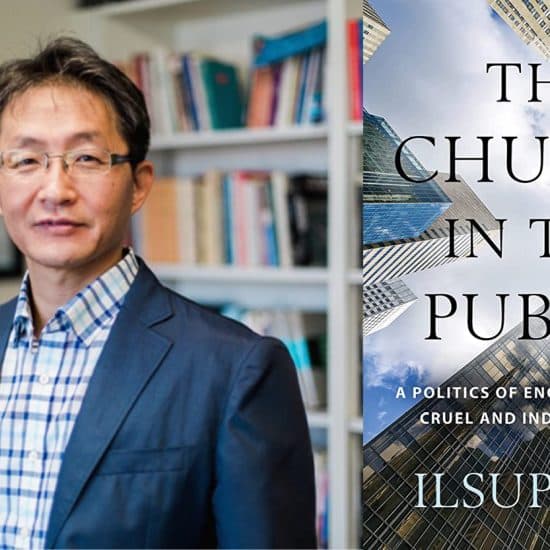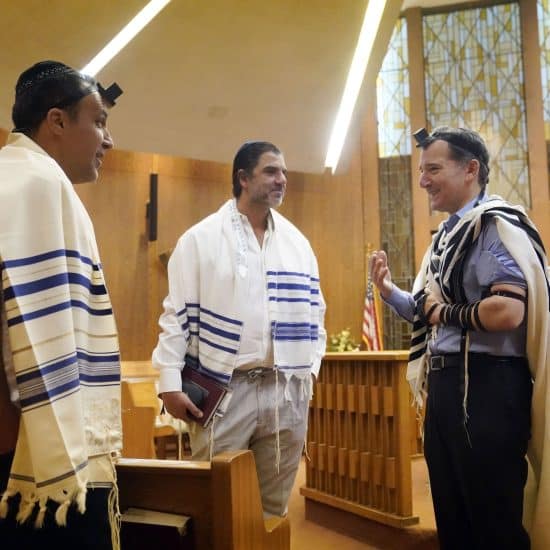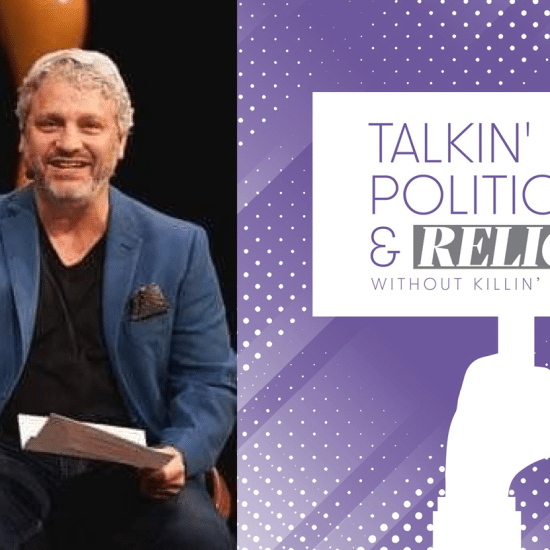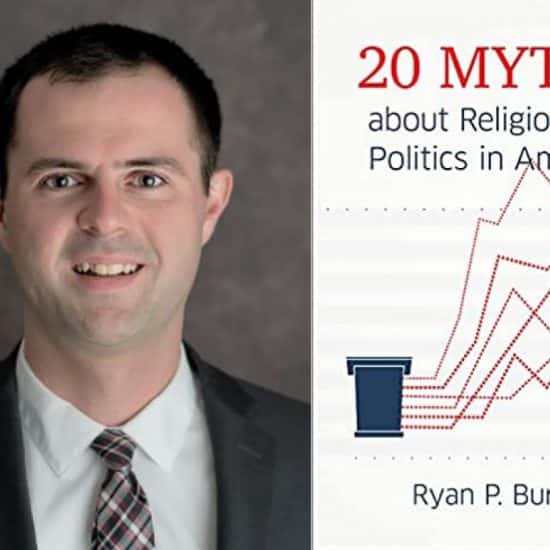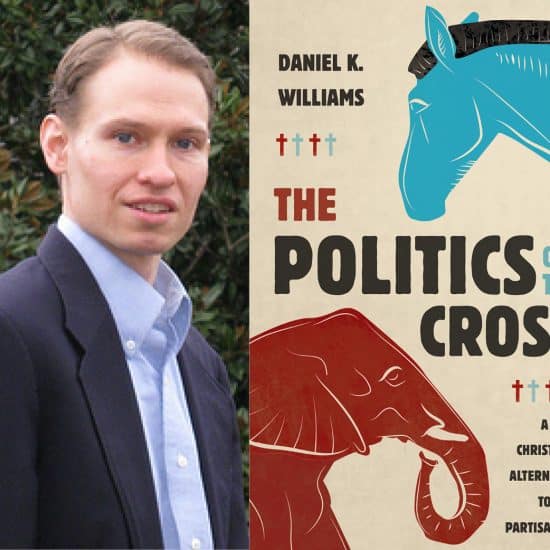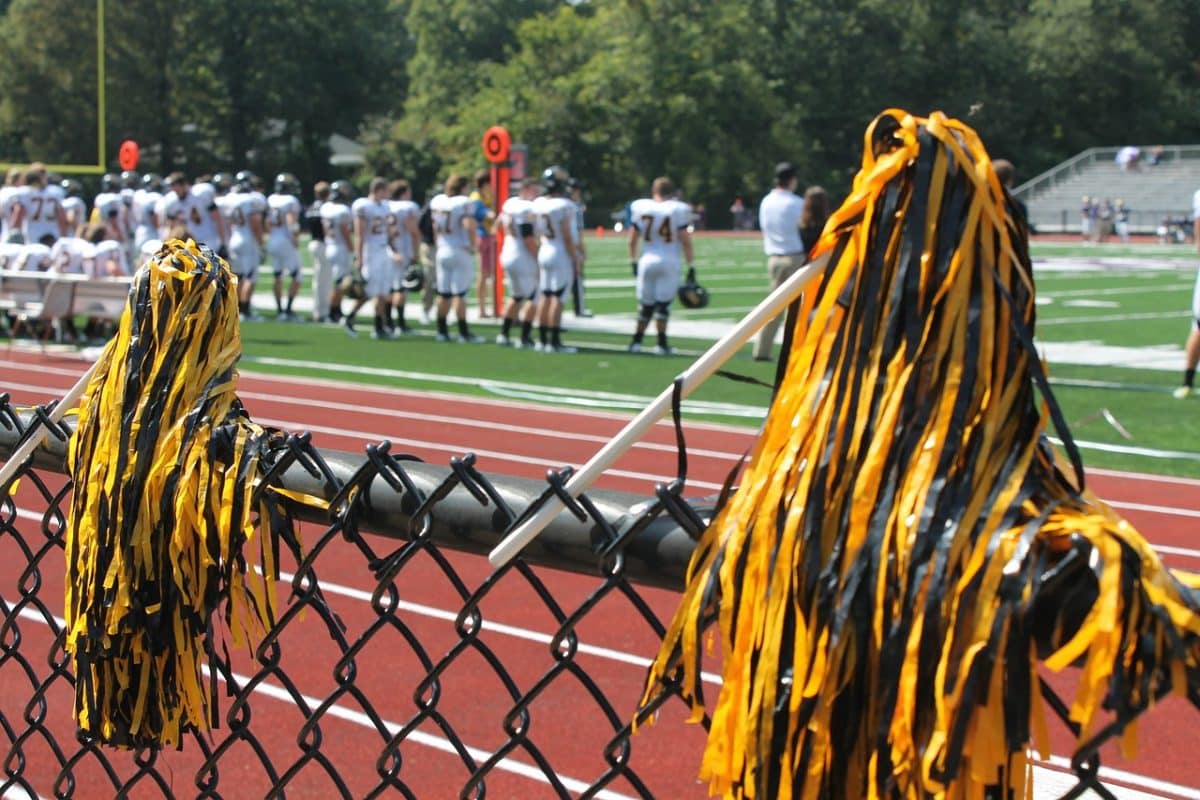
When my son was younger, he had a few verbal ticks where he would say one thing when he meant another. The funniest came when he tried to call my dad “grandpa.” It somehow came out as “pom-pom.” For quite some time he uttered it without being silly or realizing his error.

Brian Kaylor
We joked that name would stick, especially since my son was the first grandkid. When my sister had her first son, my dad worked hard to get that kid to call him “grandpa” before “pom-pom” spread. Eventually “pom-pom” faded and “grandpa” took over as the name, and my son outgrew his other word switches.
We probably all do this type of thing without realizing it. A common example of this verbal confusion pops up today as I frequently hear people say “political” when they really mean “partisan.”
“I don’t want to be political,” they say. “The Bible isn’t political.”
While I agree that churches shouldn’t be partisan, they cannot be nonpolitical. It’s impossible. Literally. Perhaps some definitions can help. While partisan means one is committed to a specific political party or faction, political means “relating to the government or the public affairs of a country.” Thus, you cannot be partisan without being political, but you can be political without being partisan.
And Christians really cannot be nonpolitical. Our faith makes explicit political claims. To declare, “Christ is Lord,” is to say, “Caesar is not.” It is to say, “The president is not.”
But that’s not partisan because we must make that declaration regardless which party lives in the White House. Some partisans like to say about a president from the other party that they didn’t vote for him or even “he’s not my president.” But Christians should say about any president that such a ruler isn’t our true ruler.

To ignore politics is not to be nonpolitical; it is to support the status quo. Our silence on political matters shows we condone the world as it is, rather than joining the prophets in urging a better world. Baptist prophet Martin Luther King Jr. explained this in his Letter from a Birmingham Jail. (that he wrote in the pictured building). He complained about those who “have remained silent behind the anesthetizing security of stained glass windows.” And he connected the idea of hiding in beautiful church buildings with not being heard on key political issues.
“On sweltering summer days and crisp autumn mornings I have looked at the South’s beautiful churches with their lofty spires pointing heavenward,” King wrote to the white ministers who criticized his political protest. “I have beheld the impressive outlines of her massive religious education buildings. Over and over I have found myself asking: ‘What kind of people worship here? Who is their God? Where were their voices when the lips of Governor Barnett dripped with words of interposition and nullification? Where were they when Governor Wallace gave a clarion call for defiance and hatred? Where were their voices of support when bruised and weary Negro men and women decided to rise from the dark dungeons of complacency to the bright hills of creative protest?’”
For King, the call of God meant he couldn’t help but be political. That doesn’t mean partisan. King blasted presidents and governors of both parties for failing to enact justice. He saw the church as the prophetic voice that inherently challenged those in positions of power.
Instead, we too often today see one group of Christian pastors in the White House or Governor’s Mansion when a Democrat is in office and a different group in those places of power after a Republican is elected. And those partisan preachers will criticize the politicians of the other party, but turn a blind eye toward errors of their preferred politicians. That’s what happens when we let party trump principles.
So, as we enter this 2020 election year, let us as Christians safeguard our witness. There are things more important than who wins the next election. And there are values that remain more critical than the “red” or “blue” teams. Our churches should not be partisan. Not only would engaging in partisan campaigns violate the tax code, but it also sets a poor witness to the world.
But we must not fool ourselves into believing we’re not political. And so, let us be sure throughout this year to let that political message ring out above all else: Christ is Lord!
Brian Kaylor is editor & president of Word&Way.

